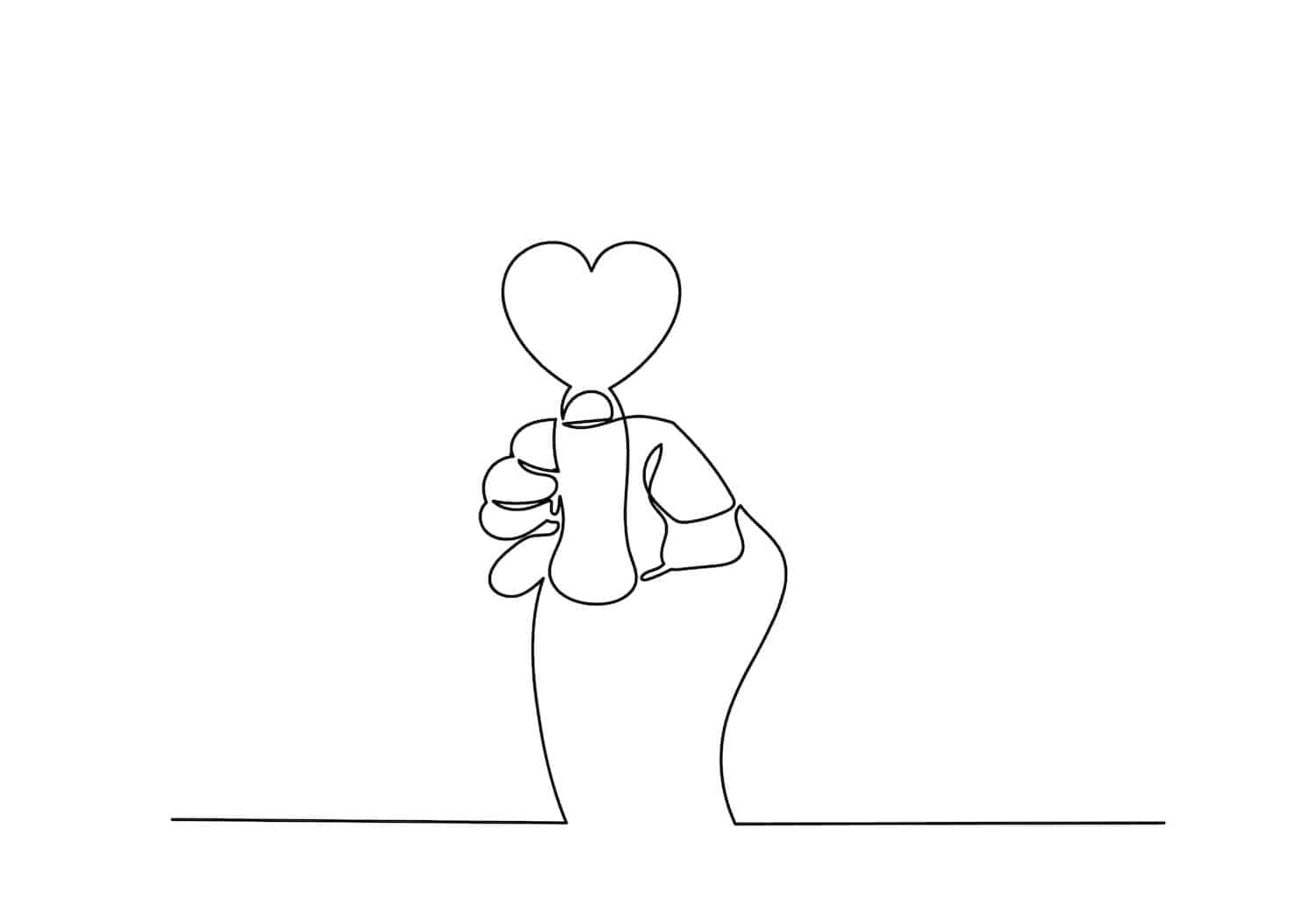Dialectical Behavior Therapy (DBT) and Cognitive Behavioral Therapy (CBT) are two primary therapeutic modalities. CBT is one of the most commonly used approaches in therapy today, with DBT closely following. While both share similarities, they also have a few differences. How is DBT different from CBT?
What is CBT?
Cognitive Behavioral Therapy, or CBT, is often considered the “gold standard” for psychotherapy. CBT emphasizes the connection between your thoughts, feelings, and behaviors. It operates on the premise that identifying unhealthy thoughts and replacing them with healthier thinking patterns leads to changed behavior. Extensive evidence-based research confirms its effectiveness for a wide variety of conditions and disorders. It is often the first modality used for anyone seeking general therapy until determining whether there are more effective approaches.
What is DBT?
Dialectical Behavior Therapy, or DBT, is a subtype of CBT. The approach is based on the principles of CBT but focuses on developing four primary skills: mindfulness, interpersonal effectiveness, emotional regulation, and distress tolerance. Originally developed as a treatment approach for individuals with borderline personality disorder, it has since expanded to use with other mental health disorders.
What Are the Differences between DBT and CBT?
Despite their similarities, there are some notable discrepancies between Dialectical Behavior Therapy and Cognitive Behavioral Therapy. So, how is DBT different from CBT?
CBT is a more generalized approach to therapy
CBT operates on a general set of principles that apply to a broad range of people. From there, clinicians can narrow their treatment scope depending on individual needs.
DBT is a specialized facet of CBT
DBT is a specialized approach that works best for individuals whose emotional dysregulation severely affects their relationships, work, and overall quality of life.
CBT is a short-term, goal-oriented approach
CBT is mainly used for short periods and focuses on achieving specific goals using present-day solutions. People then take the skills learned in CBT and apply them to their life on their own.
DBT is an ongoing modality for more long-term use
DBT is a more acute approach to treatment and works best for people who display high-risk behaviors. It is a more long-term approach that places greater emphasis on developing emotional regulation to achieve overarching emotional and social goals. The DBT program at Lifeskills
CBT focuses on cognition and logic
CBT is a straightforward method that employs logic and cognition to change behavior in a short period and focuses less on the emotional aspects of situations.
DBT emphasizes emotional regulation and well-being
DBT is centered around identifying and regulating emotions which is especially useful for circumstances where it’s difficult to apply logic to the problem. Emotional regulation is a crucial life skill and DBT specializes in helping individuals develop it.
Finding the right approach for you
You may be wondering whether CBT, DBT, or another therapeutic approach is the best solution for you. Thankfully you don’t have to figure out which modality is best suited for your needs on your own; that’s what Lifeskills South Florida is here for. We can help you identify which solution will provide the best path forward, depending on your circumstances and situation.
If you’re ready to reach out for help, call us at 954-953-1742 to speak with an admissions specialist or connect with us through our contact form. Our understanding team at Lifeskills South Florida will connect you with the program you need so you can start on your path to wellness today.
References
- National Institute of Mental Health. (2022). Borderline Personality Disorder.




